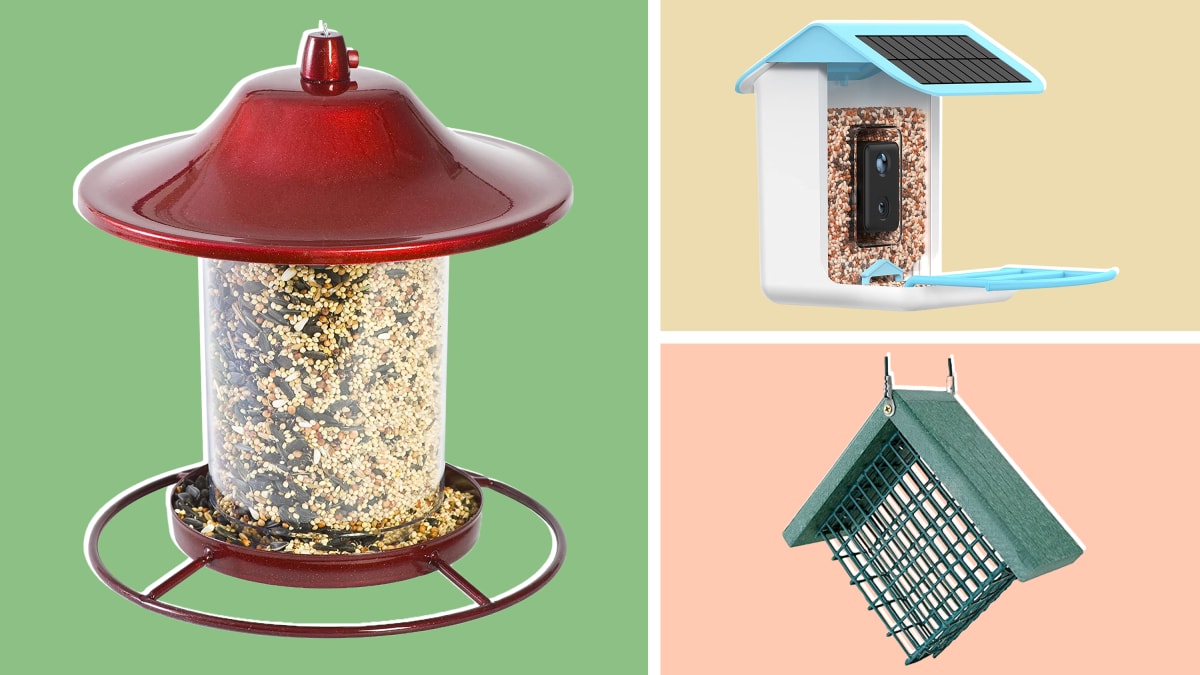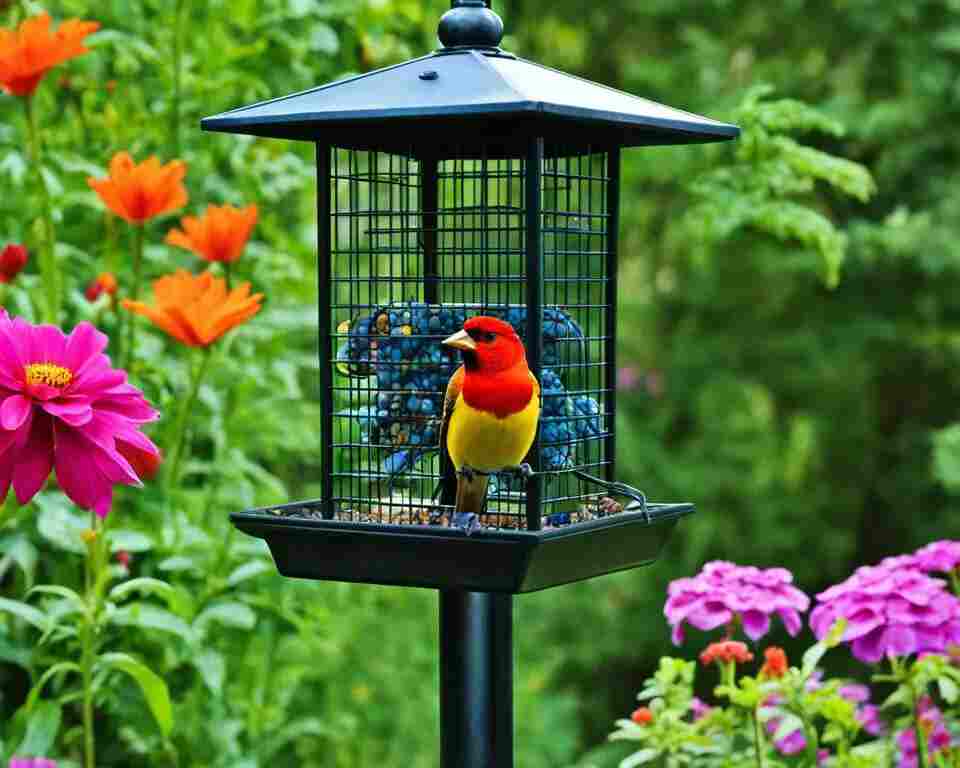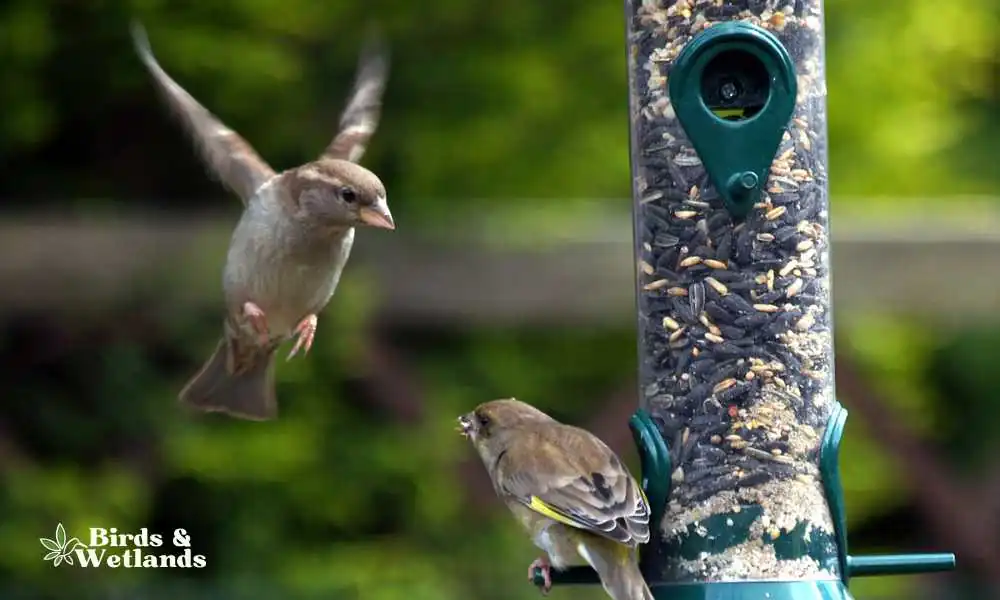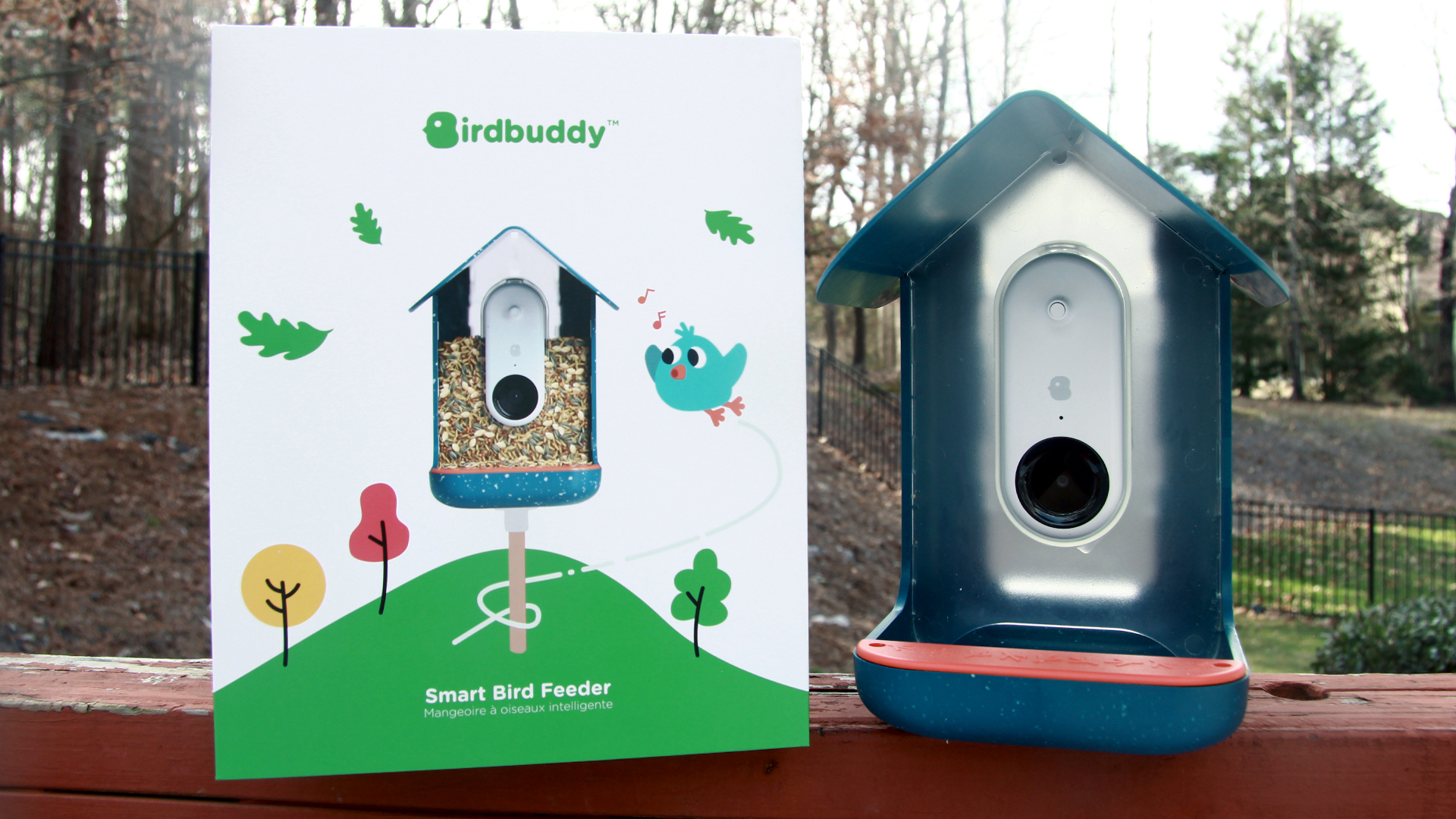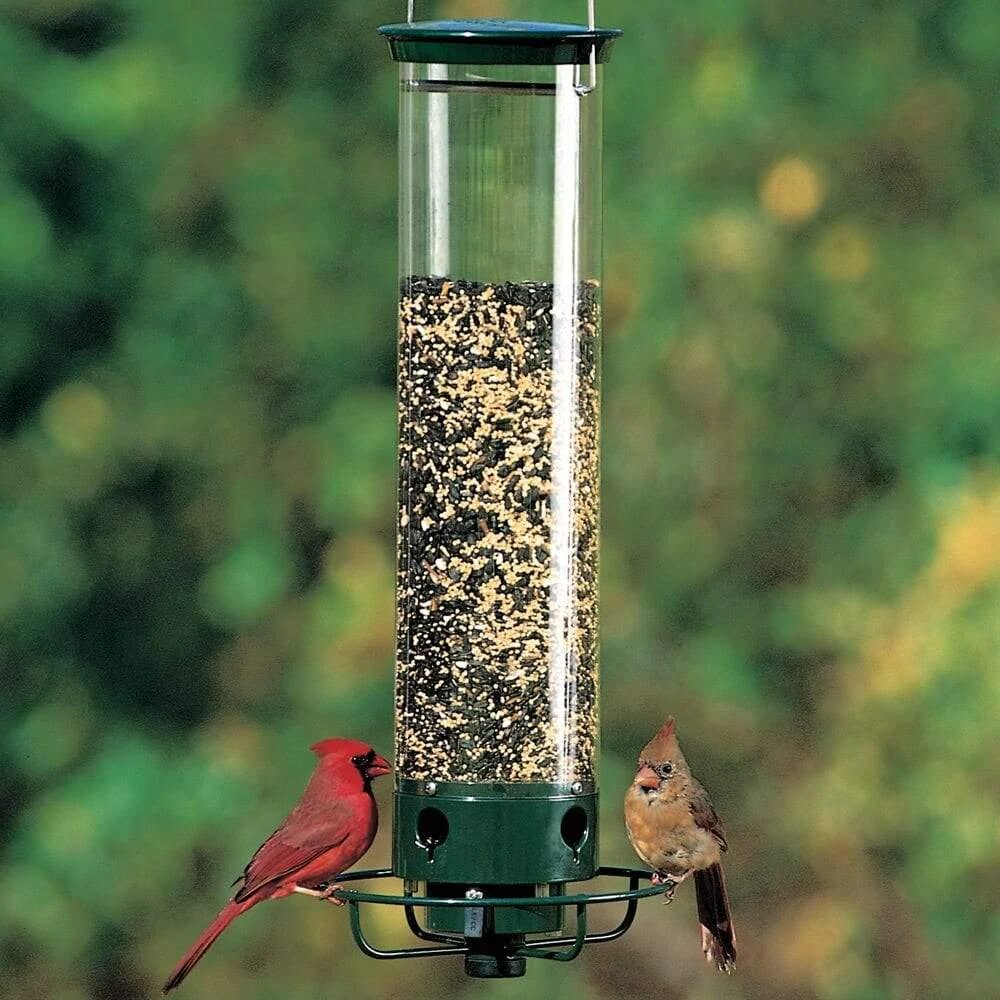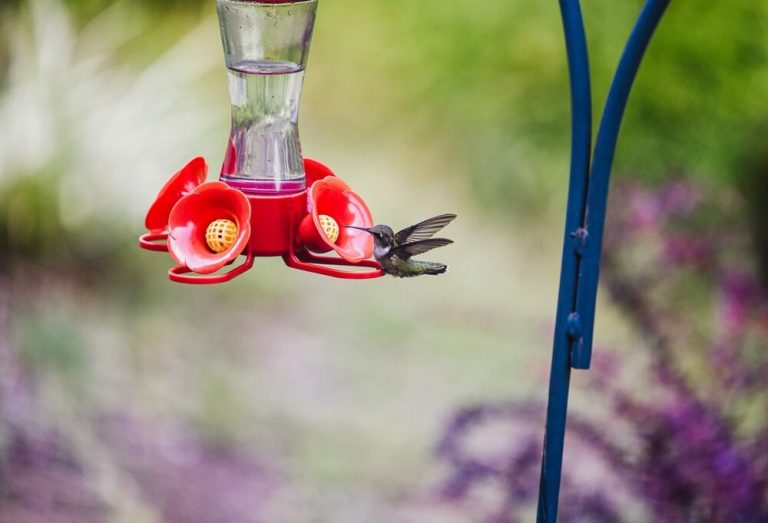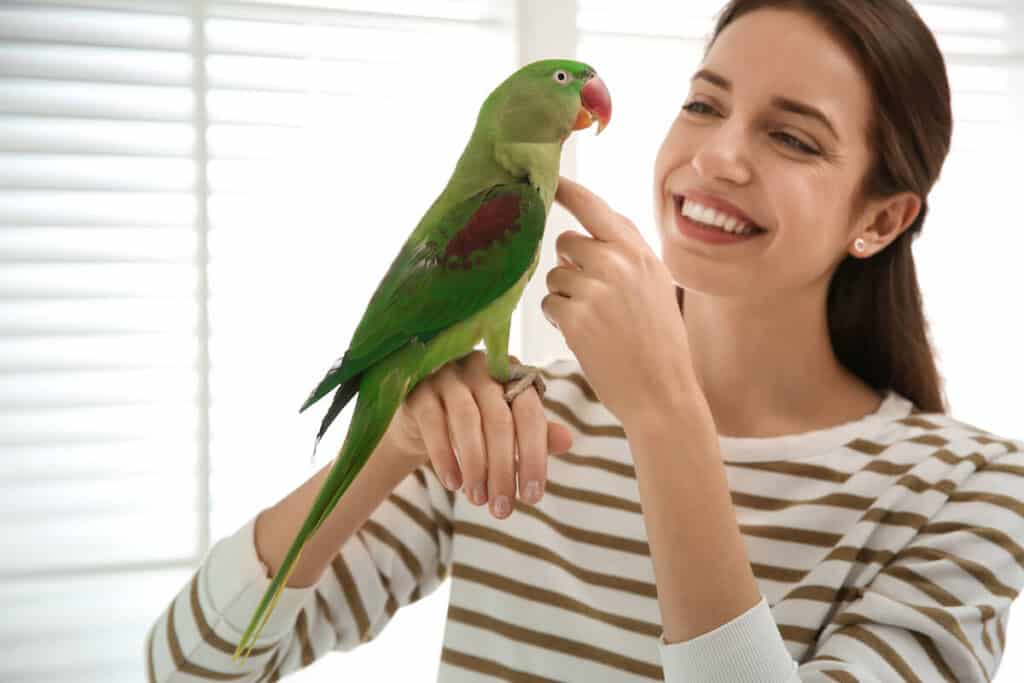Pros And Cons Of Bird Feeders

Bird feeders: a source of joy for some, potential hazard for others. Are they truly beneficial, or do the risks outweigh the rewards?
This article breaks down the pros and cons, delivering essential information to help you make an informed decision about feeding wild birds.
The Allure of Bird Feeding: Benefits Explored
Attracting wildlife is the primary draw. Bird feeders bring vibrant colors and lively activity right to your window.
They offer excellent opportunities for birdwatching and photography. It provides a chance to connect with nature intimately.
Bird feeding can also provide crucial supplemental food, especially during harsh weather. Natural food sources can become scarce in winter or during migration.
For some, offering food is a direct act of conservation. Especially during nesting seasons, when they need extra fuel for egg production.
The Shadow Side: Potential Risks of Bird Feeders
One of the most significant concerns is the spread of disease. Feeders can become breeding grounds for bacteria and parasites.
Birds congregating in large numbers at a single location increases transmission risk. Outbreaks of Salmonellosis and Avian Pox can be devastating.
Feeders can attract unwanted guests. Rodents and other pests are drawn to the readily available food source.
This can lead to infestations in your yard and potentially inside your home.
Another risk is dependency. Birds may become reliant on feeders, neglecting to forage for natural food sources.
This can disrupt natural feeding behaviors and negatively impact their overall health.
Bird feeders can also pose physical dangers. Birds can injure themselves flying into feeders or becoming entangled in them.
Window collisions are another major threat. Birds attracted to the feeder may collide with nearby windows.
Weighing the Options: Making Informed Choices
If you choose to feed birds, hygiene is paramount. Clean your feeders regularly with soap and water to minimize disease spread.
Disinfect them with a diluted bleach solution at least once a month. Rake under the feeders to avoid old seed attracting rats.
Choose the right type of feed. Offer a variety of seeds and nuts to attract different species.
Avoid offering too much food at once. Provide just enough for the birds to consume in a day or two.
Consider the location of your feeders. Place them in open areas away from dense vegetation to deter predators.
Minimize the risk of window collisions. Apply decals or netting to your windows to make them more visible to birds. According to the American Bird Conservancy, covering exterior windows can reduce the number of collisions by over 50%.
Be aware of local regulations regarding bird feeding. Some communities have ordinances restricting or prohibiting it.
Observe the birds visiting your feeders for signs of illness. If you notice sick or dying birds, remove the feeders immediately and contact your local wildlife authorities.
Expert Opinions and Scientific Findings
The Cornell Lab of Ornithology suggests that while feeders can supplement food, they shouldn't replace natural foraging.
Their research emphasizes the importance of providing a diverse habitat to support bird populations.
The National Audubon Society highlights the role of native plants in providing natural food sources. Planting native trees, shrubs, and flowers will support a diverse bird population.
Many avian experts advocate for responsible bird feeding practices. They stress that it's about supplementing, not sustaining, bird populations.
Conclusion: A Call for Responsible Action
The decision to use bird feeders is a personal one. Weigh the potential benefits against the risks and make an informed choice.
By following responsible bird feeding practices, you can minimize the negative impacts and create a safe and healthy environment for the birds in your backyard.
Continued research and monitoring of bird populations are crucial. This will help us better understand the long-term effects of bird feeding and implement best practices.
